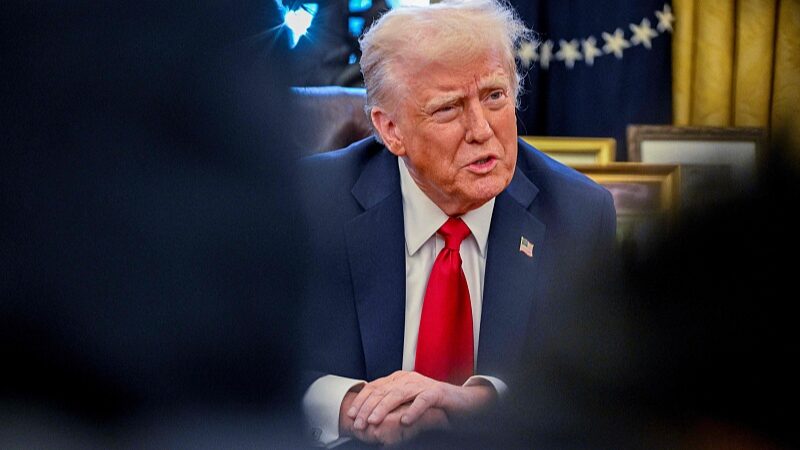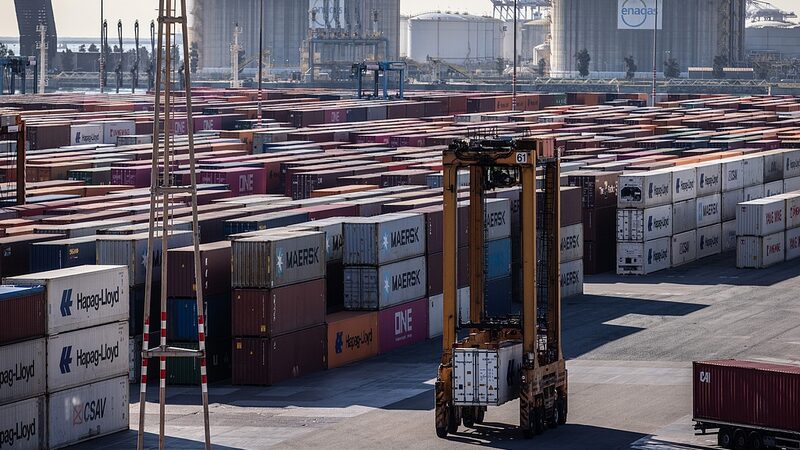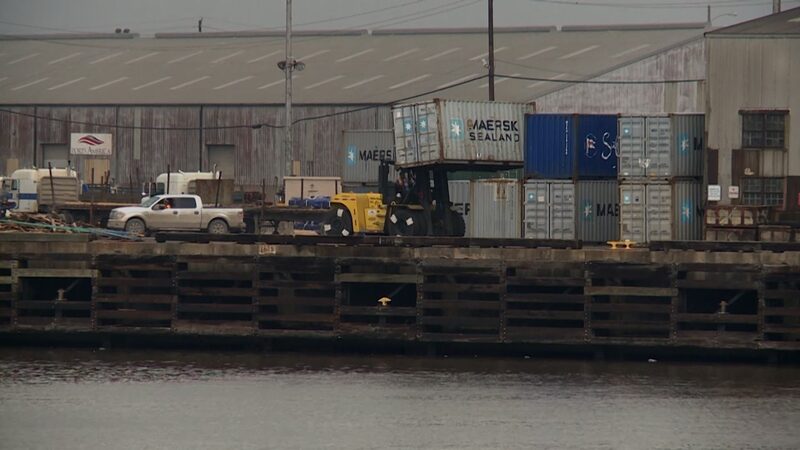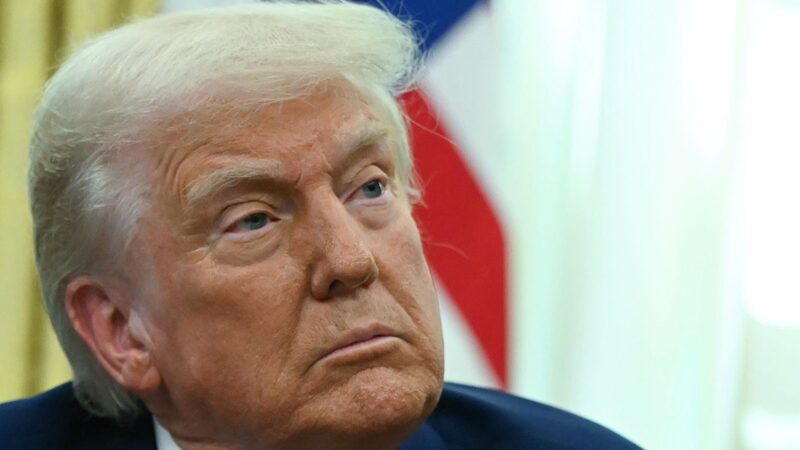Erica Campbell, an Arizona-based gifts retailer, embodies the anxiety gripping American small businesses as new tariffs on imports from the Chinese mainland threaten supply chains and consumer prices. Her Easter-themed shipment—designed in the U.S. and manufactured in China—faces a 20% tariff hike, forcing her to consider raising prices or risking profitability. Stories like Campbell’s, highlighted in a recent New York Times investigation, reveal a widespread crisis: nearly 100 surveyed businesses report similar strains under policies they say favor political posturing over economic reality.
With 33.2 million small businesses contributing 44% of U.S. GDP, according to the American Chamber of Commerce, tariffs risk destabilizing a cornerstone of the economy. Automotive parts producers, car dealerships, and retailers like Massachusetts silk importer Julianaa Rae warn of thinning margins and disrupted operations. Rae, who relies on Chinese manufacturing expertise, laments the lack of domestic alternatives: "China offers the best machines, expertise, and prices. We have no choice."
Supply chain dependencies deepen the challenge. A 2024 U.S.-China Economic and Security Review Commission report found 254 items fully reliant on Chinese suppliers. Meanwhile, inflation concerns mount. The Peterson Institute for International Economics estimates tariffs could cost households $1,200 annually, while January consumer prices hit 3%, their highest since mid-2024. Counter-tariffs from trading partners, like China’s 15% levy on U.S. agriculture, further squeeze farmers and exporters.
History offers little optimism. Oxford Economics linked Trump’s 2018-2019 tariffs to $88 billion in lost household income, with small businesses absorbing $166 billion in added costs by 2022. As Washington advances its tariff agenda, analysts warn the cycle of inflation, job losses, and global trade friction may only intensify.
Reference(s):
Trump tariffs sacrifice American small businesses and families
cgtn.com








